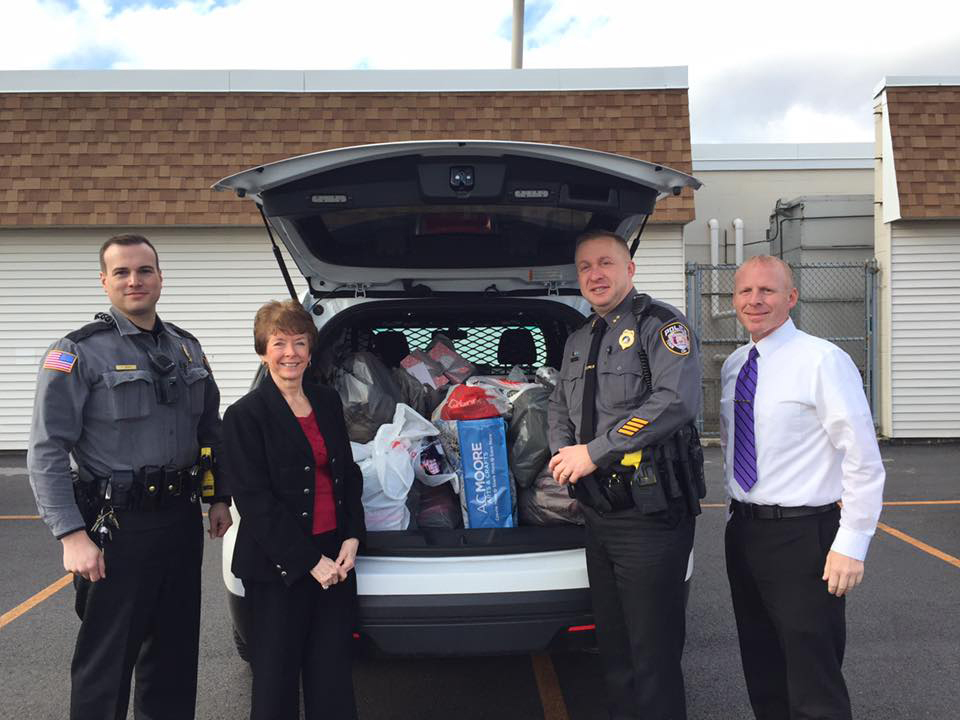Back-to-school legislation invests in educators and school safety

New York State United Teachers President Melinda Person joined Gov. Kathy Hochul on September 6 as she signed into law bills in support of public schools, capping off years of NYSUT advocacy on behalf of students and educators. NYSUT says these three measures will strengthen New York schools as places where children and staff can thrive, and position education professions as enticing, sustainable career choices.
Among the legislation signed into law is a bill that will now include schools in the state’s Workplace Violence Prevention Act, a 2006 law that requires public employers to develop and implement programs to identify and prevent workplace violence. NYSUT members have been fighting for inclusion for more than a decade in their push to enhance the dignity and human connection in their workplaces.
The law will ensure educators and school staff have the training and professional support they need to help students with unique behavioral or emotional needs.
“Educators’ working environments are students’ learning environments,” Person said. “When we are proactive about creating safe workplaces for teachers and school staff, parents and kids can have confidence that New York’s classrooms will set them up for the success they deserve.”
Hochul also signed a NYSUT-backed bill to support and develop Grow Your Own programs, aimed at attracting diverse and underrepresented candidates to teaching, and announced the first round of awards from the Empire State Teacher Residency program. This program provides matching funding for local public school districts or Boards of Cooperative Educational Services to create two-year residency opportunities for graduate-level K-12 teacher candidates. Locally, Monroe 2-Orleans BOCES will receive $3,600,000 to support 120 teacher residents and the Rochester City School District will receive $1,160,000 to support 40 teacher residents.
“We’ve seen residency programs drastically enhance the experiences of new teachers by giving them the mentorship and professional support they need to flourish,” Person said. “Opportunities that acknowledge and support the complexity of the profession are just the start of new ways the state can attract and retain educators in years to come.”
Provided information






